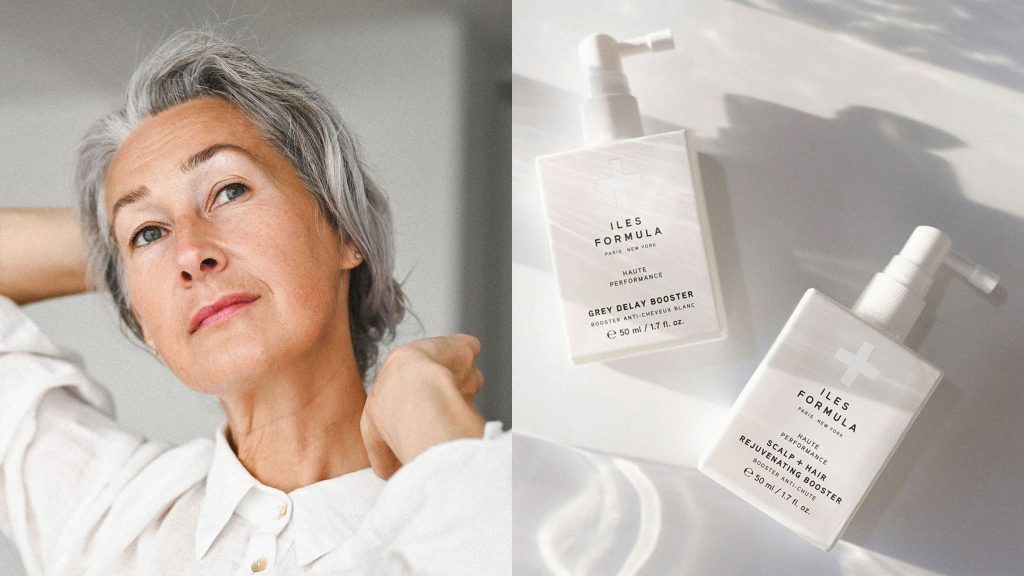“Because menopausal hair loss is primarily caused by hormonal changes, it does not have a simple fix,” says Dr. Engelman. “That said, it can be slowed and managed; with the right diet, treatments, and lifestyle tweaks, hair growth and retention can be improved.”
The most proven option is minoxidil, the only FDA-approved treatment for female pattern hair loss. “It is considered a first-line treatment,” says Dr. LoGerfo. “Minoxidil is thought to prolong the anagen (growth) phase, decrease the telogen (resting) phase of hair follicles, and increase the size of follicles that have already been miniaturized, enabling hairs to become thicker and grow longer.” Other approaches—often used off-label—include oral medications like spironolactone or finasteride, laser devices, platelet-rich plasma (PRP), and certain birth control pills.
Hair-care habits also make a real difference. Temur recommends avoiding tight ponytails, hot tools, and harsh treatments that can weaken fragile strands. Strengthening shampoos and conditioners, scalp-focused formulas, and supplements (like Nutrafol) may further support healthier growth when used consistently.

